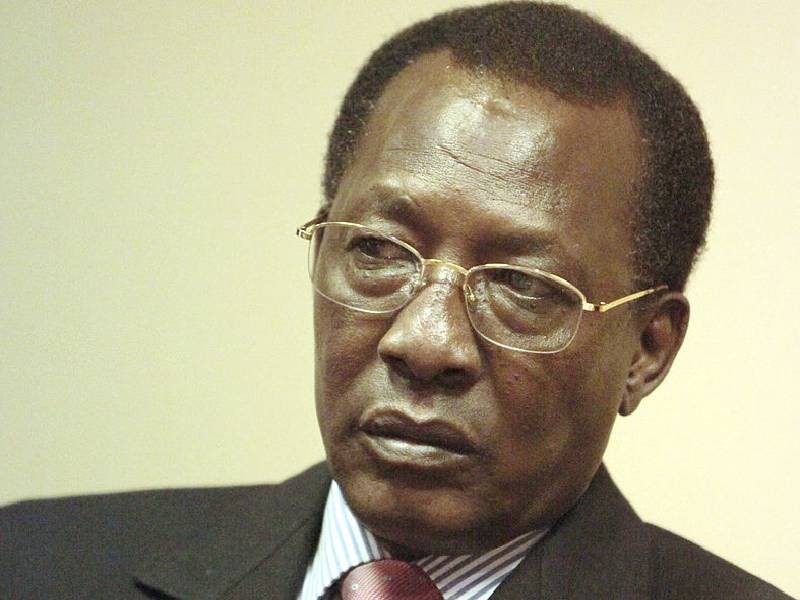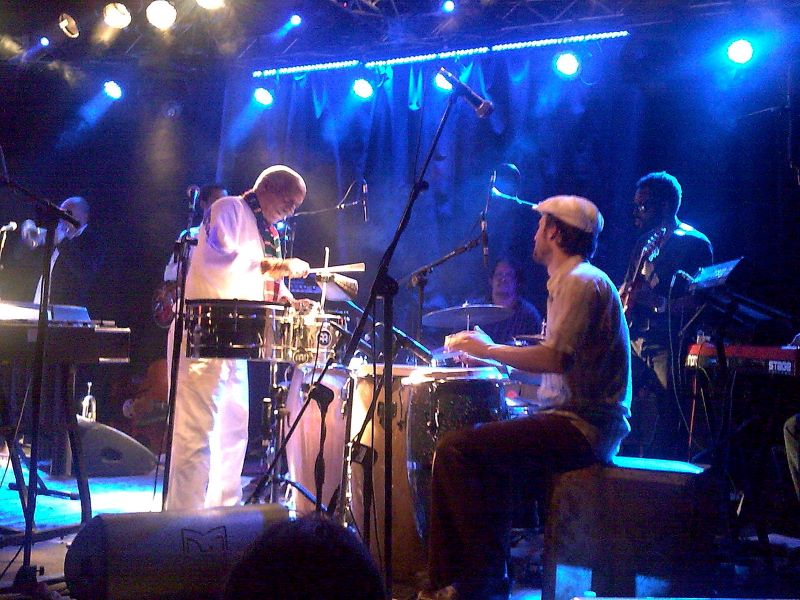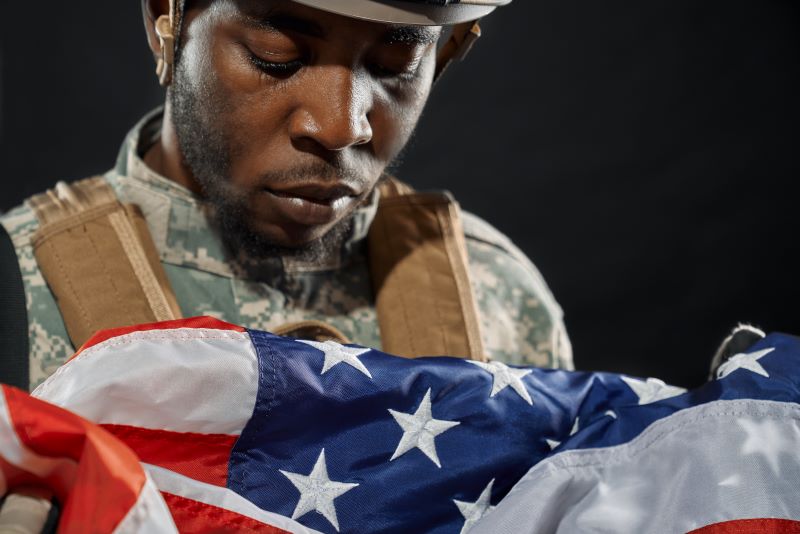(Idriss Deby. Image by Rama via Wikimedia Commons)
Happy Independence Day, Chad. On August 11th, 1960, this north-central African country gained independence from the French. Today we are exploring the life and legacy of the former president of Chad, Idris Deby.
Idriss Deby was born in 1952, in Ennedi, Chad and was of the Zaghawa tribe. Deby was initially trained as an army pilot and received his pilot license in France. When he returned to his home country in 1978, Deby transitioned into politics during a turbulent time in Chad, supporting military leader Hisséne Habré, who went on to become the president of Chad in 1982.
Deby became an adept military leader and served under Habré’s regime until 1989 when Habré accused Deby of plotting to overthrow him. After fleeing to Libya and Sudan, Deby gained support from politicians like Mummar al Gaddafi to overthrow Habré, who was torturing and killing people of Deby’s ethnic group. In 1990, Deby and his supporters returned to Chad, and after leading a coup d’etat, Deby became the president of Chad, deposing Habré.
Deby was in power for 30 years. In 2005, he put a stop to the law that permitted the maximum two-term length for each president, and early this year, he was re-elected for his sixth term in office. Each election of his presidency was joined by allegations of voter fraud. During his presidency, Deby was also accused of using oil profits for the country to fuel his retribution efforts against politicians who opposed his presidential dealings. The country is known as one of the poorest in the world, despite its soil being rich with gold and oil.
In March of this year, Chadians took to the streets of Chad to protest voter fraud, human rights abuses, political prosecution of oppositional political members, and a lack of economic growth. The protest was catalyzed by an arrest of an oppositional party member, which resulted in the deaths of multiple people, including an 830 year-old in the home. The government responded to the protest by tear-gassing and injuring protesters.

(A Canyon in Ennedi, Chad. Image by David Stanley via Wikimedia Commons)
Chad has been involved in an armed conflict with jihadist groups since 2011. Deby had a close relationship with France. In 2014, France designed Operation Barkhane, a military force, that has been battling with jihadist groups. Operation Barkhane’s headquarters are in Chad, with 5,100 troops in Southern Saharan Africa. On July 14th, France’s president, Emmanuel Macron, announced that Operation Barkhane will end in 2022.
On April 18th, when Deby visited a military base in the north of Chad, he and his convoy became involved in armed conflict with the Libya-based armed group Front for Change and Concord in Chad (FACT), and Deby was shot and killed. He was 68. The country has been surprisingly calm since this incident. Deby’s son, Mahammat Idriss Deby, assumed the role of President of the Republic in the interim, and the lead of the Transnational Military Council, with elections to be held in January 2023. The country’s parliament and government have been relinquished. Hopefully, history will not repeat itself, as Deby was also initially the interim president after he led the coup d’etat against Habré, before his autocratic rule ensued. The cycle of power-hungry African leaders and starving African citizens is a deja-vu that must be disrupted. Now that a new change is brewing in Chad, the possibility for a new dawn to arise in the country is imminent, and the people of Chad have an important role to play in holding politicians accountable in the face of resistance.
Works Cited
https://www.britannica.com/biography/Idriss-Deby
https://www.africanews.com/2021/07/19/calm-and-order-in-chad-three-months-after-idriss-deby-s-death
https://www.bbc.com/news/world-africa-56815708
https://www.aljazeera.com/news/2021/4/21/who-are-chads-fact-rebels-and-what-are-their-goals
https://www.hrw.org/news/2021/04/20/chad-deby-leaves-legacy-abuse





